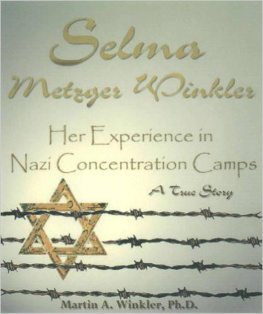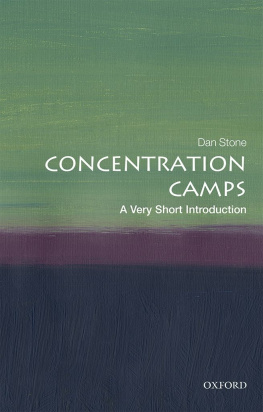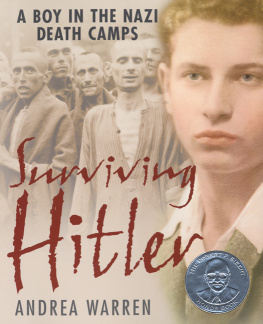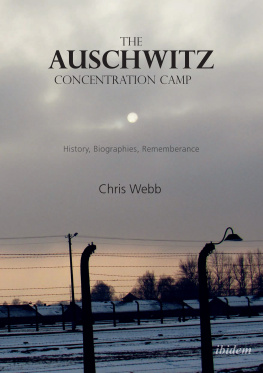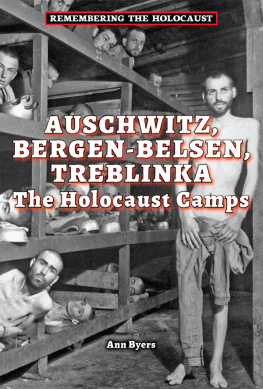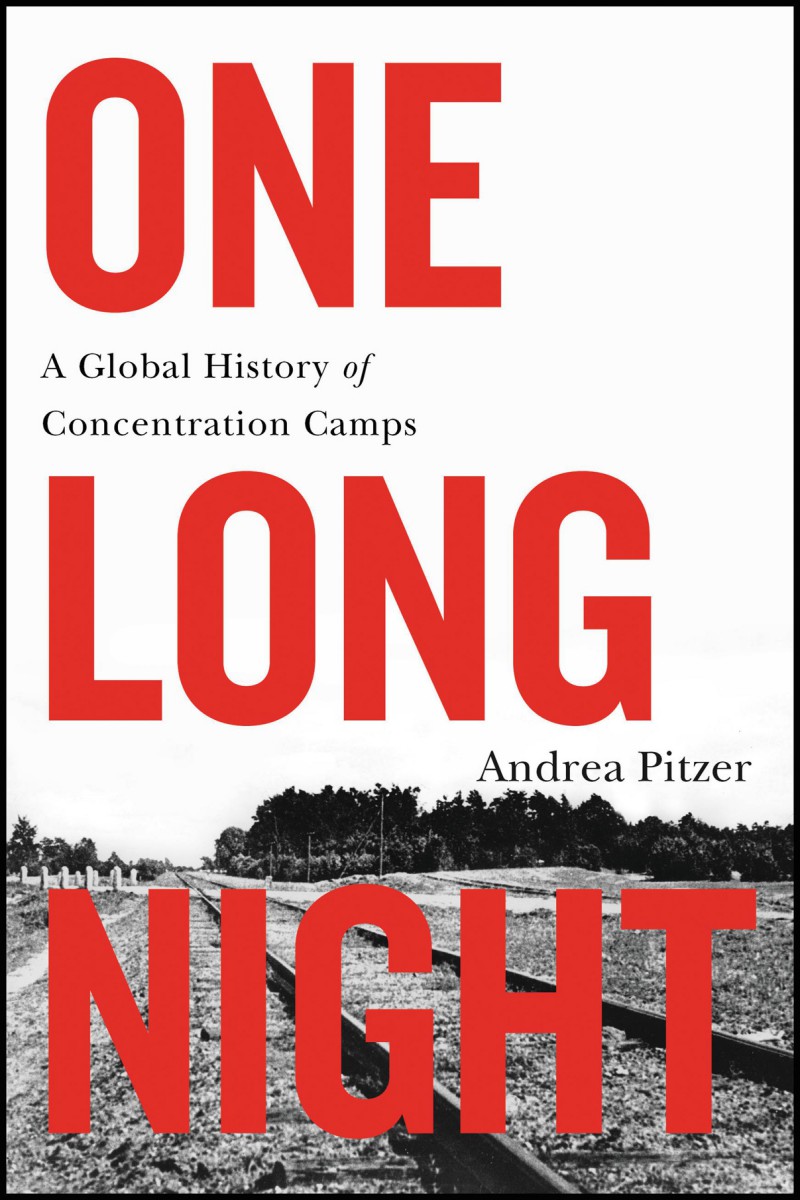Hachette Book Group supports the right to free expression and the value of copyright. The purpose of copyright is to encourage writers and artists to produce the creative works that enrich our culture.
The scanning, uploading, and distribution of this book without permission is a theft of the authors intellectual property. If you would like permission to use material from the book (other than for review purposes), please contact permissions@hbgusa.com. Thank you for your support of the authors rights.
Little, Brown and Company is a division of Hachette Book Group, Inc. The Little, Brown name and logo are trademarks of Hachette Book Group, Inc.
The publisher is not responsible for websites (or their content) that are not owned by the publisher.
The Hachette Speakers Bureau provides a wide range of authors for speaking events. To find out more, go to hachettespeakersbureau.com or call (866) 376-6591.
Expulsion of the Armenian people into the desert by Armin T. Wegner is from Armin T. Wegner: Close to madness, a photo exhibition by Andreas Meier with an epilogue by Wolfgang Gust Wallstein Verlag, Gttingen 2011.
This book contains details from archival documents, on-site reporting, written memoirs, and interviews conducted to obtain eyewitness accounts from detainees and others present in the camps. My first research for it began in the spring of 2008. Between 2011 and 2016, I traveled to archives and current or former detention sites at Tule Lake, California; Oswiecim and Warsaw in Poland; Dachau, Hamburg, and Berlin, Germany; St. Petersburg, Russia; Prague and umperk in the Czech Republic; Gurs and Paris in France; Geneva, Switzerland; Tallinn and Klooga in Estonia; Santiago, Chile; Buenos Aires, Argentina; Yangon and Sittwe in Myanmar; and the US naval base at Guantnamo Bay. I spoke with historians, activists, soldiers, and attorneys, as well as former and current guards and detention camp survivors.
While eyewitness accounts have their fallibilities, so, too, do official records. Both are useful. Where political pressures have infringed on detainee testimony, I have pointed out those distortions or tried to avoid passages affected in this way. The most detailed criticisms of concentration camps have sometimes come from enemy nations. In these cases, the stories are sometimes true but not always comprehensive. Some sources are both propaganda and legitimate accounts. I have tried to use this kind of material judiciously.
It is tempting to see the prisoners stories braided through this book as somehow representative. In many ways, they are not. Most crucially, these are by and large stories of those who survived. In addition, the prisoners mentioned here are, on the whole, more educated, more politically active, and more likely to have been tied into networks of people inclined to help them. They often got administrative jobs, medicine from friends, or special favors.
While many concentration camps did hold intellectuals, political figures, writers, and business owners, the majority of those sent to camps across the century were poor, illiterate, or apolitical. They are the least likely people to have a chance to tell their stories, and perhaps also the least likely to end up having their stories told by someone else. The loss of their accounts necessarily makes any panoramic picture of the camps incomplete.
In addition, detainees had their own prejudices, their own faults, and even, in some cases, their own crimeswhich is to say they are human beings. I have tried to present them as such.
Never shall I forget that night, the first night in camp,
that turned my life into one long night seven times sealed.
ELIE WIESEL, NIGHT
It can happen, and it can happen everywhere.
PRIMO LEVI
1. A DOUBLE-DECKER FERRY CARRIES visitors to the windward side of Guantnamo Bay naval base and drops them off at the bottom of a hill just short of Camp Justice. A handful of current and former detention sites with names like Camp Echo and Camp Delta cluster near the southeastern corner of the base, tucked behind chain link fences topped with loops of razor wire. Those facilities still in use hold a small number of detainees awaiting proceedings, as well as others who will never see their cases presented at Camp Justice.
The ferry docks at a utilitarian parking lot on Fishermans Point, but the lots bare pavement fails to reflect its storied history. In 1898, the US Marines landed here during the Spanish-American War, coming ashore the morning of June 10, setting fire to a seaside village and capturing the Spanish blockhouse perched above it before lunchtime. The hill became a wartime camp, then a permanent base, and US forces never left.
A bronze plaque embedded in a cairn of white stones by the waters edge commemorates an even earlier invasion. On Christopher Columbuss second voyage to the West in 1494, he visited Fishermans Point, too, having already claimed Cuba for Spain. The plaque states that Columbus and his men were hunting for gold, but not finding likely prospects they left the next day.
For more than four hundred years after Columbuss expedition, Cuba remained a Spanish colony. But in the 1890s, Spain created the worlds first concentration camps on the island. The death toll unleashed by that decision eventually led to the loss of the colony, with US Marines coming ashore on the same spit of land where Columbus had stood centuries before.
Until a few years ago, I had no thought of traveling to Guantnamo. My interest lay in writing a history of concentration camps. Twenty-firstcentury detention at Guantnamo might have seemed disturbing, but it had not occurred to me to think of it as a concentration camp. The more time I spent researching mass arrests and detention, however, the more Guantnamo kept creeping back into view.
I couldnt imagine writing about the place without going there. And so in 2015, I made two visits. The first gave me a chance to observe pretrial hearings in the case of the five 9/11 defendants, who make an appearance in the last chapter of this book. Not being obliged to file a story on deadline, as other journalists on the trip were expected to, I opted to fill in for the absent sketch artist and absorb as much as possible in a courtroom custom-built for prisoners in the war on terror. Having arrived in the fifteenth year of an ongoing story, I wanted to catch up.
My second trip took me to the detention camps, or at least the ones that I was permitted to see. In both cases, setting foot on Guantnamo was like entering another world. The thousands of personnel and dozens of buildings that made up the machinery of detention for what was then a little over a hundred prisoners felt overwhelming. The issue that most troubled methe legitimacy of holding untried suspects for more than a decadewas not the minute-to-minute concern of the soldiers and sailors who were busy doing their jobs. The big questions had been decided elsewhere. There the detainees sat, and there they would remain as long as those orders stood.
Yet after September 11, 2001, the US consecration of Guantnamo as an ideal site for extrajudicial detention had been greeted with the same international dismay elicited by Spains inauguration of




